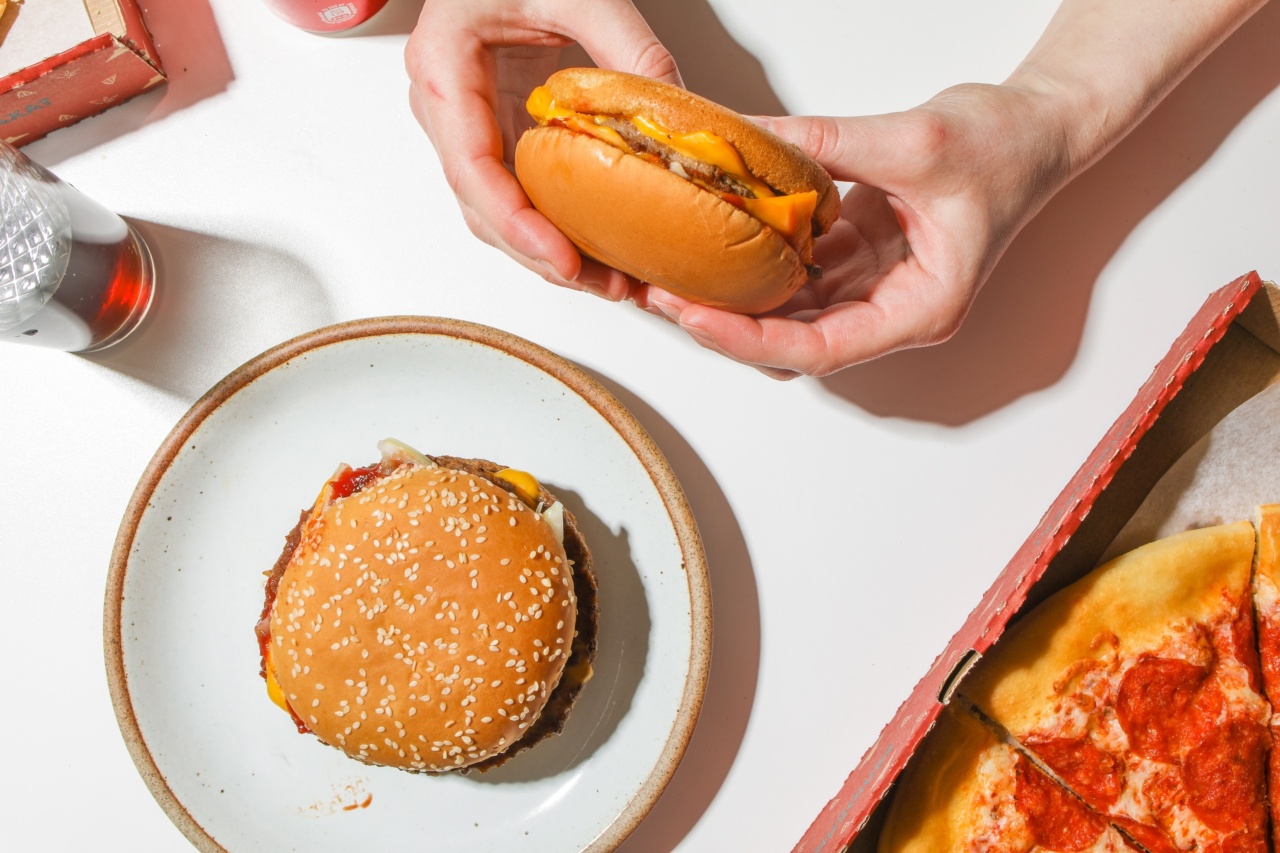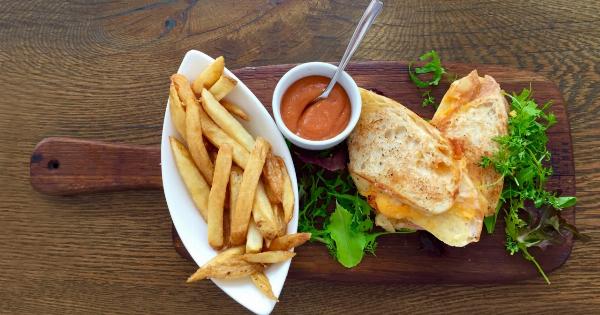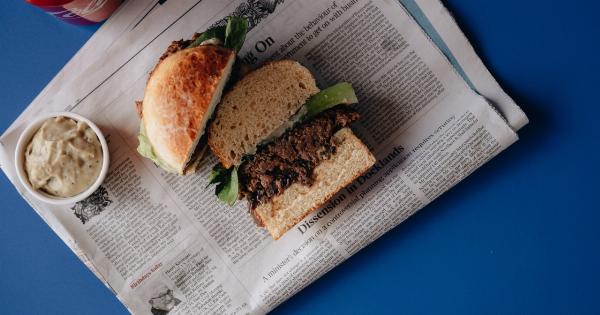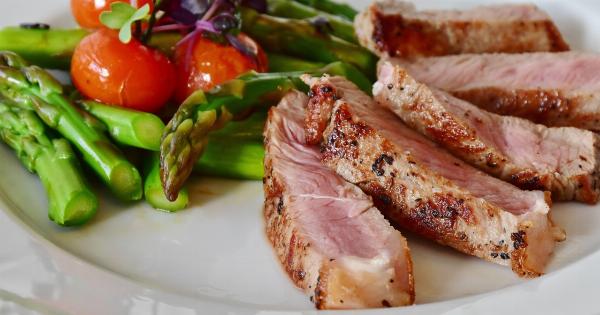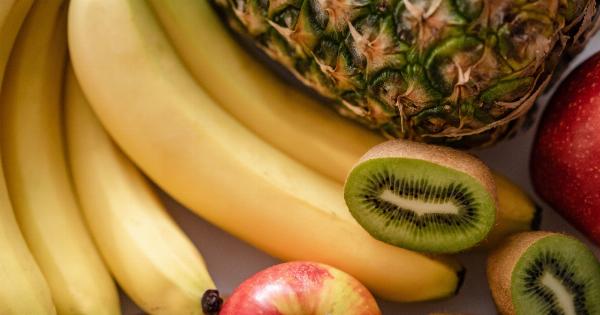Fasting is a popular practice among many people for religious, spiritual or health reasons. Whatever the reason, it’s important to know how to maintain good nutrition while fasting to avoid any health risks.
In this fasting nutrition guide, we’ll discuss what to eat during fasting and expert advice on keeping a healthy diet.
What is Fasting?
Before we dive into the nutrition side of fasting, it’s important to understand what fasting is. Fasting is voluntarily avoiding food or drink for a certain period.
Fasting can vary in length, from a few hours to several days or even weeks, depending on the individual’s reason. People fast for reasons such as weight loss, religious purposes, spirituality, detoxification, health benefits, and cultural traditions.
Types of Fasting
There are different types of fasting, and each one has its own rules and requirements regarding the intake of food and drinks. Here are some of the most common types of fasting:.
Water Fasting
Water fasting involves drinking only water for a specific time. Water fasting could last for several days and even weeks. Ensure you consult a professional before going on a water fast, as it could lead to dehydration and other health risks.
Juice Fasting
Juice fasting requires drinking only freshly squeezed juices for a particular time. Be careful of the juices you take; some juices contain high sugar levels, and some aren’t considered nutritious.
Intermittent Fasting
Intermittent fasting involves regularly eating within a specific period and skipping food for the rest of the day. This type of fasting allows you to regulate your calorie intake, and some studies show it could help with weight loss.
What to Eat During Fasting
It’s important to carefully choose what you eat during your fasting periods. Here are some tips on what to eat during your fasting periods:.
Hydrate
Drink water regularly between meals to avoid dehydration. Water helps in cleansing your system and aiding digestion. Additionally, avoid sugary drinks, alcoholic drinks, soda, and other drinks that could cause water retention and dehydration.
Fruits and Vegetables
When choosing what to eat during fasting, fruits and vegetables are always great options. They contain vitamins, minerals, and dietary fiber that will enhance overall health.
Your digestive system won’t be overworked, and fasting periods are also an excellent time for detoxification.
Protein-Rich Foods
If you’re fasting intermittently, you might consume protein-rich foods during your eating window. Ensure that you choose food options that are low in carbohydrates and high in protein for overall health benefits.
Protein-rich foods include chicken, beef, fish, eggs, or plant-based protein like beans, lentils, and nuts.
Avoid Junk Food
Stay clear of high sugary, greasy junk food or fast food. Processed foods could lead to digestion issues, bloating, and other health conditions that could counter the benefits of fasting altogether.
Expert Advice on Maintaining a Healthy Diet During Fasting
To gain further insight into maintaining a healthy diet during fasting, we spoke to a registered dietitian, Amy Wagenseller, RD, LDN, CDE.
Fasting is a personal decision and comes with varying beliefs. What are some important points you advise people that decide to fast to bear in mind?
“Fasting can be an excellent practice for individuals depending on the reason for fasting and duration.
However, if you have a pre-existing health condition, it’s important to speak with a healthcare provider or registered dietitian before fasting. Additionally, hydrate between meals, choose nutrient-dense foods and break the fast with food in your stomach.”.
What are the things one should avoid when fasting?
“Avoid consuming processed foods or foods that are high in sugar, salt, and fat. They could lead to water retention, digestive problems, and counteract fasting’s benefits.
Fasting should never be forced, and if you start feeling ill, it’s best to break the fast.”.
Sometimes people may feel the ‘need’ to munch on something, what are some healthy snack options?
“Fruits and vegetables are great snack options during fasting periods. They contain vitamins, minerals, dietary fiber, and low in calories, helping you feel full.
Other healthy snack options include nuts, a hard-boiled egg, or peanut butter and celery.”.
Conclusion
Fasting has numerous benefits if done correctly and with some expert advice. Always consult with a healthcare provider before fasting, and if you start feeling ill or uncomfortable at any point, break the fast.
When fasting, ensure you don’t compromise balanced nutrition, hydration, and overall health.
